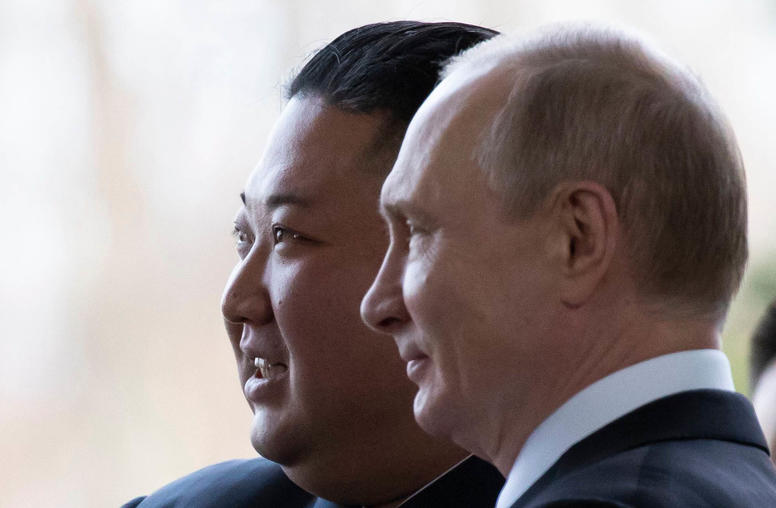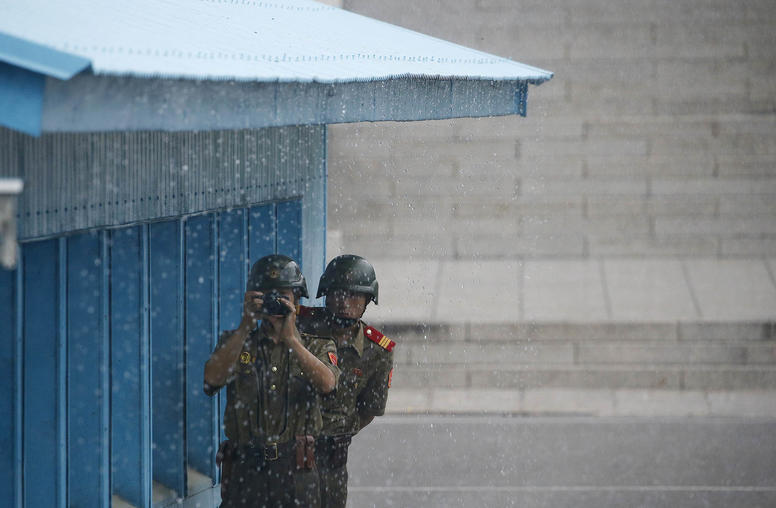Truth Commission: South Korea 2000
Truth Commission: Presidential Truth Commission on Suspicious Deaths
Duration: 2000 – 2004
Charter: The Special Act to Find the Truth on Suspicious Deaths
Commissioners: 9 for each of two terms
Report: Public report
Truth Commission: Presidential Truth Commission on Suspicious Deaths
Dates of Operation: First term: October 2000 - 16 September 2002 (24 months); Second term: July 1, 2003 – August 2004 (12 months)
Background: Major General Park Chung-Hee led a successful military coup against the South Korean government in May 1961. A powerful intelligence apparatus and the restriction of freedoms marked Park’s rule. Members of the political opposition were allegedly detained and tortured frequently. After Park’s assassination in 1979, Lieutenant General Chun Doo Hwan took power and ruled in much the same way. Growing dissent among the population led to clashes with the government, and in 1987, pressure resulted in the reinstatement of civilian rule.
In the 1990s, three presidential elections were held in South Korea, the last of which resulted in the election of longtime human rights advocate Kim Dae-Jung as president in 1997. On January 15, 2000, Kim enacted the Special Act to Find the Truth on Suspicious Deaths. The Presidential Truth Commission on Suspicious Deaths was inaugurated October 17, 2000.
Charter: The Special Act to Find the Truth on Suspicious Deaths was written by the South Korean Parliament and signed into law by the President on January 15, 2000. The Act was later amended on November 14, 2002 to extend the commission’s mandate for a second term.
Mandate: The Presidential Truth Commission on Suspicious Deaths had a mandate to investigate the death of citizens in South Korea between 1975 and 1987, report on the findings, and make recommendations to the President, and identify perpetrators for prosecution. Citizens could file petitions to request an investigation by the commission.
Commissioners and Structure: The commission was comprised of nine members for each of the two terms. Three commissioners served during both the first and second terms of the commission. In the first term, the commission was composed of eight men and one woman. Yang Seung-Kyu chaired the commission during the first term, and Han Sang-bum chaired during the second term.
Report: The final report of the Presidential Truth Commission on Suspicious Deaths produced a first term (October 2000 - October 2002) report consisting of four volumes with more than 3,000 pages. It was published on February 12, 2003. The condensed English translation, A Hard Journey to Justice: First Term Report 10.2000-10.2002, was published by Samin Books in 2004.
Findings:
Conclusions
- According to the Commission’s report, the Presidential Truth Commission on Suspicious Deaths concluded that the dictatorial regimes were responsible in 52 cases. In 30 of the 83 cases investigated after January 2001 the Commission did not come to a clear conclusion.
Recommendations
- The commission recommended legal action against the identified perpetrators.
- The commission’s report contained specific recommendations prohibiting the destruction of records used by the commission.
Special Notes: The commission had no power of subpoena and many officials did not cooperate with the commission.
Sources:
Choe, Hyondok. "Coming to Terms with the Past -Reconciliation and Justice for Human Rights: The Example of South Korea". November 3, 2006. Available at http://www.hfu.edu.tw/~lbc/BC/9th/Paper/1B-3.pdf (accessed June 25, 2008).
Hayner, Priscilla B. Unspeakable Truths: Facing the Challenge of Truth Commissions. New York: Routledge, 2002.
Macintrye, Donald. "Secrets and Lies." TIME, October 7, 2002. Available at http://www.time.com/time/magazine/article/0,9171,361786,00.html (accessed July 3, 2008).
Peterson, Trudy Huskamp. Final Act: A Guide to Preserving the Records of Truth Commissions. Washington, D.C.; Baltimore: Woodrow Wilson Center Press ; Johns Hopkins University Press, 2005. Available at http://www.wilsoncenter.org/book/final-acts-guide-to-preserving-the-records-truth-commissions (accessed October 26, 2008).
"Presidential Commission on Suspicious Deaths in the Military (in Korean)." http://www.truthfinder.go.kr/ (accessed June 25, 2008; no longer available online).
Presidential Truth Commission on Suspicious Deaths of the Republic of Korea. A Hard Journey to Justice: First Term Report 10.2000-10.2002. Seoul: Samin Books, 2004.



